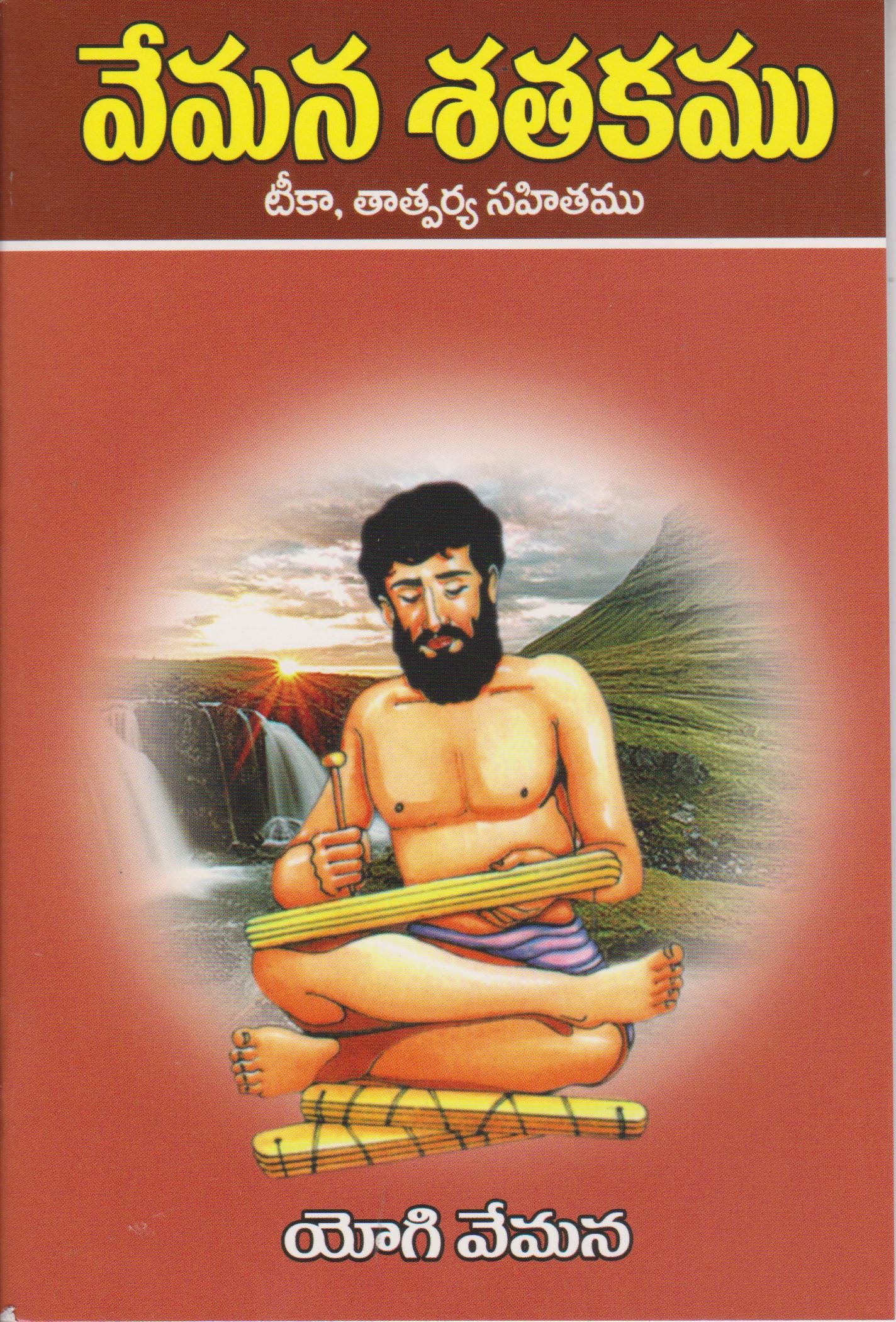
Vemana’s poetry is extremely popular among the Telugu public, but this fame is limited to the Sudras. He is known to have said that Brahmins refused to recite Vemana’s poems not only were they opposed to him, they also expressed that opposition openly. Pope who transcribed Dubois’ book clearly described the latter’s views. Abbe Dubois has commented about the classes who did not allow the work of Vemana and others like it to see the light of day.ĭr. These published pages were crumpled and thrown into the dustbin. Though the remaining copies had to be distributed across the country, it seems as if they didn’t make it out of the godown. The College Board printed 500 copies of this book. The printing of Vemana’s work which was a trenchant yet humorous critique of Brahmins was disliked in those days.

George College published Vemana’s poems in 1829. The Brahmin class which obstructed the spread of VemanaĬP Brown of St. Through his poems we understand social change and economic life. He embodies a beautiful Telugu dictionary. From a philosophical perspective, Vemana is a materialist (lokayat). We call a poet with such qualities a great poet. It should roll mellifluously on the tongue. A tiny word must be able to evoke a great meaning. That philosophy must awaken a man’s mind. A poet must without fail have a philosophical frame of mind. A great poet is one who challenges contemporary society. His idiom combines the power of the word with the power of the imagination. The essence of the poem is ‘why does an idol require colored clothes, temples and spires?’ ‘Would god ask for food and clothes?’. The ability to use so many words in such a short poem marks his genius. In this poem he has used the (Telugu) words, ‘stone’, ‘toy’, ‘why’, ‘colour’, ‘ful’, ‘garb’, ‘temples’, ‘spires’, ‘pots’, ‘food’, ‘clothing’, ‘he’, ‘ask’, ‘god’, ‘bounteous’, ‘beloved’, ‘listen’, ‘Vema’. Would a god ask for temples, spires, pots Vemana spontaneous words mark him out as the First Telugu Poet (adi kavi).

His language expresses the life world of the Telugu people. Vemana has been and continues to provide language, inspiration, consciousness, thought, concern, illumination, confrontation, fullness-to innumerable social revolutionaries. Vemana’s language is one of social revolution, it is the agitation of a philosophical life, the all consuming flame of a courageous conversation, the fire of people’s rage, a reflection of historical reality, a great living struggle of humanity.


 0 kommentar(er)
0 kommentar(er)
